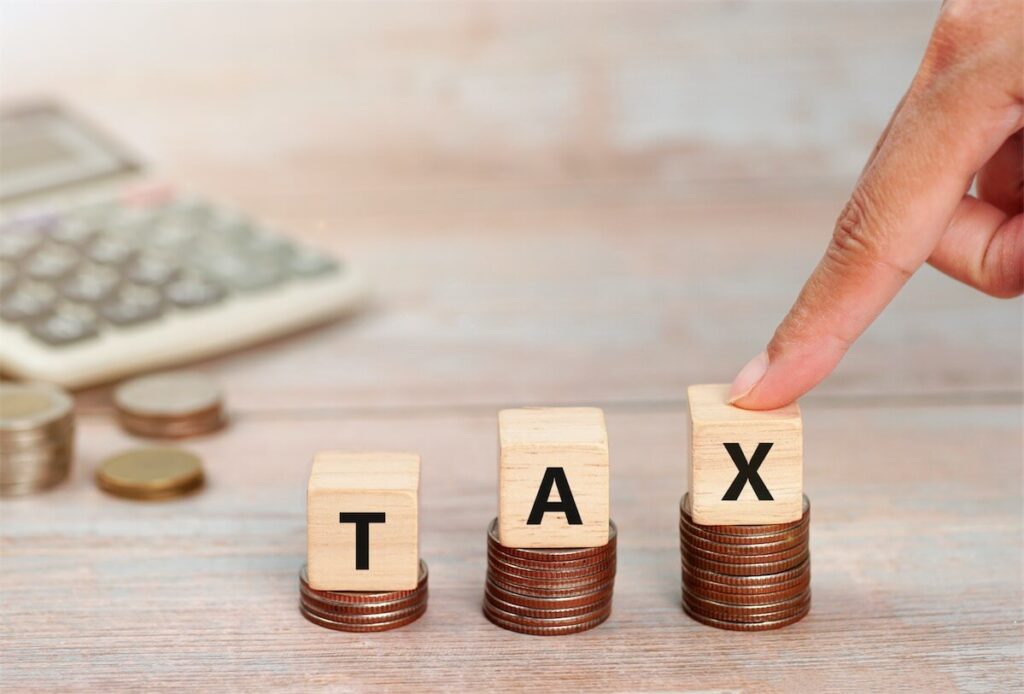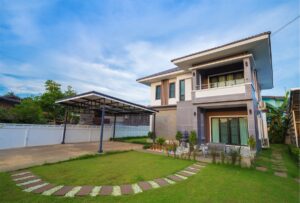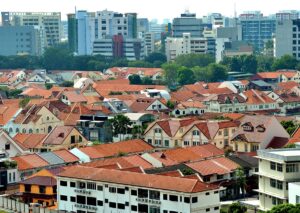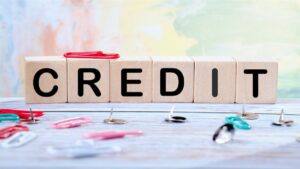Property stamp duty is an aspect of homeownership that just about everyone has to deal with at some point. Over the last couple of years, 90% of Singapore’s taxpayers had to comply with stamp duty requirements.
Stamp duty is something that’s paid on property-related documents or agreements, including tenancy and lease agreements, acceptance of purchase offers, and sale & purchase (S&P) agreements.
There’s also little room for you to avoid these taxes – the Inland Revenue Authority of Singapore (IRAS) takes a tough stance on negligence when it comes to the tax system. But, a lot of these negligent situations aren’t caused on purpose. Many a time, homeowners are unsure about the exact requirements of property stamp duty.
To help you pay your taxes on time, here are some common misconceptions Singaporeans have on property stamp duty, and what you can learn from them.
First of all, what is Property Stamp Duty?
Before we get into the heat of these misconceptions, let’s take a quick look at what property stamp duty really is, and what it means for you.
When you’re buying a property, you might hear the terms Buyer’s Stamp Duty (BSD) or Additional Buyer’s Stamp Duty (ABSD) fairly often. These are taxes that are levied on the purchase of properties in Singapore.
The BSD charges base taxes depending on the type of property you own.
ABSD on the other hand charges taxes that increase based on the number of residential properties you already own and your residency status. This means that it’ll get more expensive with every property you buy in Singapore.
While we’re at it, let’s quickly run through the numbers of what you might be looking at when it comes to BSD and ABSD.
Here’s how BSD works:
| Property Market Value | BSD rate |
| First $180,000 | 1% |
| Next $180,000 | 2% |
| Next $640,000 | 3% |
| Remaining amount | 4% |
BSD is a relatively fixed increasing tax rate that will apply, no matter your history with property ownership.
Here’s how ABSD works:
| Buyer’s residency status | ABSD rate on the purchase of first property | ABSD rate on the purchase of second property | ABSD rate on the purchase of third and subsequent property |
| Singapore citizens, citizens of the United States of America, and Permanent Residents of Switzerland, Liechtenstein, Iceland and Norway | Not applicable | 12% | 15% |
| Singapore Permanent Residents | 5% | 15% | 15% |
| Foreigners | 20% | 20% | 20% |
Find out how to avoid ABSD when buying a second property in Singapore here.
5 common misconceptions Singaporeans have on Property Stamp Duty
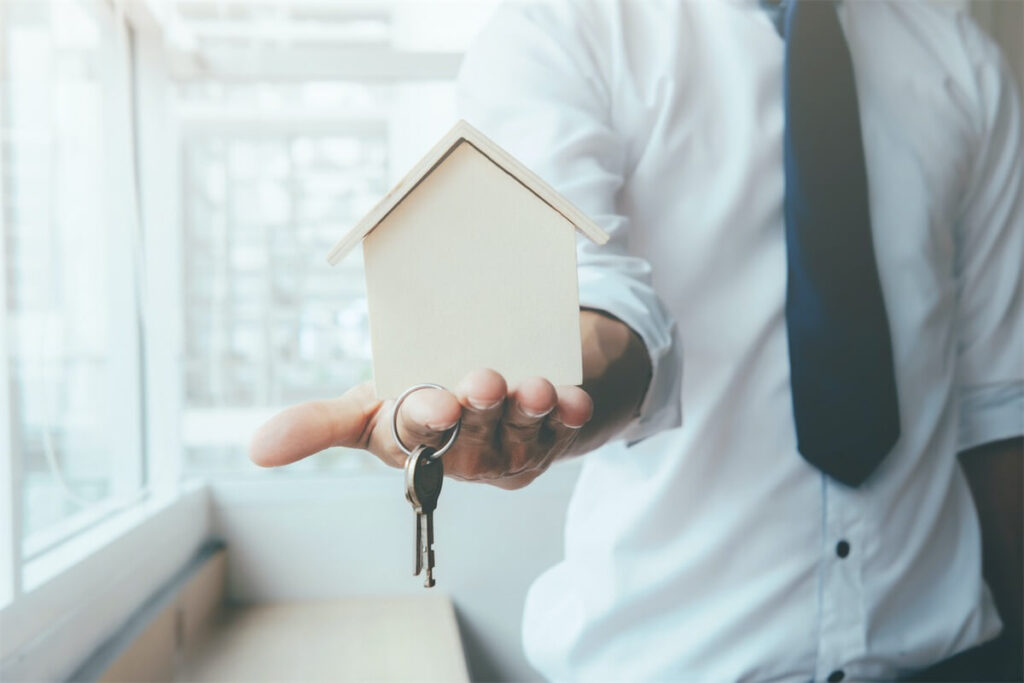
1. I can gift someone my property so they can pay a lower property stamp duty
It seems like it makes perfect sense, doesn’t it? You simply want to hand your property over to a loved one, without your family incurring additional expenses. Well, that isn’t exactly the case when it comes to property stamp duty.
Even if you were to gift your child a property with a $1 consideration amount – as opposed to the property’s market value – the stamp duty borne by your child still has to be based on a reasonable property market value amount.
3. As long as I’m not buying a new house, I can avoid property stamp duty
With BTOs getting delayed and resale values sky-high, you might consider renting a property to tide you through. Or, on the flip end, you might be looking to earn some money by renting out a property that you own.
Rooms and homes being rented have to be duly stamped in tenancy agreements. In this case, the stamp duty is payable on documents indicating the subletting or renewal of property leases.
Typically, it’s the tenants who are responsible for this payment, unless an agreement stipulates otherwise.
3. I can apply for remission for lower property stamp duty rates if I become a Singapore Citizen or PR
Remember that your property stamp duty rates are based on your nationality on the date of your purchase.
If you’re in the process of becoming a Singapore Citizen during the date of your purchase, you’ll still need to pay your stamp duty as a foreigner or PR status.
In other words, you must have been granted citizenship by the Immigration and Checkpoint Authority (ICA) by the date of your purchase if you want to enjoy the reduced rates.
4. Additional Buyers’ Stamp Duty (ABSD) doesn’t apply to mixed-use properties
Buying a mixed-use property might feel a little confusing because you might think of it as a commercial property. In actuality, ABSD will apply to the portion of your home that’s residential.
Specifically, you’ll need to pay ABSD on: building units where the permanent permitted use at the point of purchase is residential. For vacant land or the entire building with land, this will depend on the Master Plan zoning.
Say if you were to own a shophouse unit for your business, you’ll still need to pay ABSD on the living quarters on the second floor!
Check out our 10 tips on how to avoid ABSD in Singapore
5. I can get reliable info on ABSD from anyone
When you’re getting information on ABSD specific to your situation, it’s best to consult the relevant advisors to make sure you’re not going to miss out on any payments and get accused of negligence during a tax audit.
Remember that unless you hire an intermediary for the specific purpose of giving you advice on your property stamp duty, it’s not anyone’s job to give you the right advice on ABSD.
It might be best for you to consult a mortgage broker in Singapore, who can help give you an accurate calculation of your property stamp duty, in addition to your HDB loan or your bank loan.
Read more about HDB loan vs bank loan here.
6. Since my transaction is not with the government, I can afford to forge my stamp certificate
Don’t forge your stamp certificate. Whether you’re a business or an individual, it’s illegal for you to deliberately forge stamp certificates, or knowingly misrepresent counterfeit certs as genuine.
If you’re a buyer, stay vigilant and check for the authenticity of the stamp certificate in your possession by visiting IRAS’ e-Stamping portal.
If your certificate is authentic, you’ll see that it has all the details necessary. This includes the stamp duty payment, description of the document, address of the property, stamp duty amount and date of the document.
What you’ll want to do is to make sure that all of the information on your certificate matches what you see on the e-stamping website, especially the Stamp Certificate Reference Number.
This is done in order to protect your own interests, even though property stamp duty is typically paid by property buyers and tenants.
If you’re a seller or a landlord, having verified stamp certificates can help keep you safe in the event of legal disputes because they can only be admitted in court if they’re stamped.

Not too sure how to calculate your property stamp duty?
It’s always better to be safe than sorry. Finding out more about property stamp duty can help you make sure you’re not paying anything more than what you need to in taxes.
Read: Ultimate explainer guide to property stamp duty in Singapore
Getting fined can cause unnecessary financial strain and impede your ability to buy, sell, or rent a home in the future. Spend some time doing your due diligence and making sure that you’re aware of how much property stamp duty is involved in your upcoming transaction.
With that said, you might have read many articles on property stamp duty by this point. And you might still feel confused. Well, that’s completely natural and fine. While staying on top of misconceptions is good, they may still not address your specific situation.
Not to mention, you’ve got a tonne of other reading material to run through for your bank loan or HDB loan.
Should you take out a home loan through a mortgage broker? Find out here.
Getting in touch with a mortgage broker in Singapore might be helpful then. Here at FinanceGuru, we’re happy to talk you through what exactly property stamp duty means for you and your future purchases or rentals!


